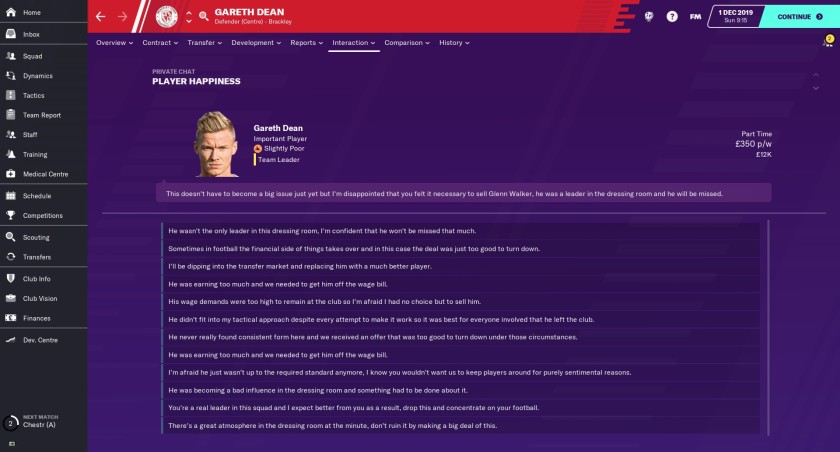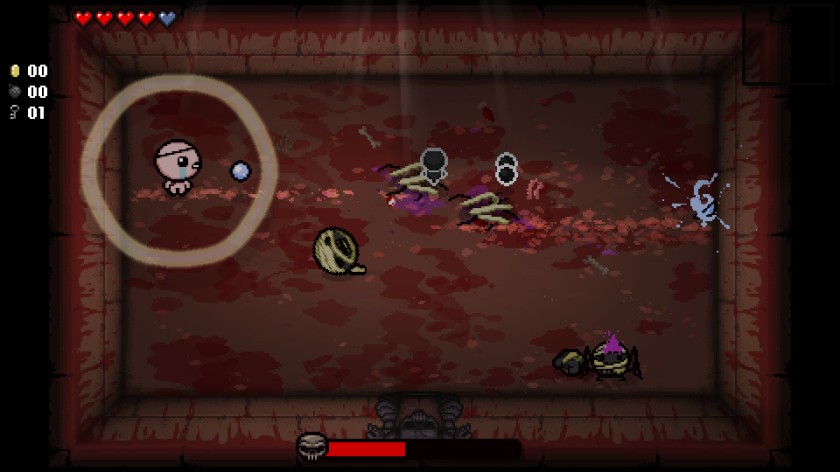Player Narrative
I never identified myself as a “gamer”. In my opinion, a gamer would be someone who “feels that their main hobby is gaming, who think about playing their game when they’re not playing it, whose conversation is directed towards video games more so than anything else, who religiously follows game websites to keep up to date with new games…”. In short terms, it means that they would be dedicated into gaming and playing multiple games on the daily. I would define myself gaming habits as a “player”. A casual player of games who gets involved from time to time, finding himself to be fascinated by certain games and only invested in one game at a time.
At a very young age back in elementary school, my grandfather taught me the rules of chess. We used to play at a local park in the morning; slowly, I began to grasp the strategies and gain an intuitive sense of the game. It was the first game that introduced me to all games. I imagined the chessboard to be a real battlefield, where two kingdoms are at war. With 32 pieces on a board, there were unlimited possibilities for me to explore ways to compete against my opponents. I started staying for hours long after the school chess club sessions end in order to learn different tactics from the coach. After a year or so, I could already beat my grandfather and my parents asked the school chess club to move me up an age group because there was no more competition in the age group. Starting from winning against peer members in my chess club, I began to compete among the older members from the local middle school. At the same time, my parents sent me to different local competitions. Soon as I reached this higher level, I began to experience losses. I kept conceding, and there were no peer players whom I could have fun with, making the matter worse. Eventually, I lost interest in playing the game. As I grew up, I shifted towards video and PC gaming just like any teenager in our generation. I started playing competitive and online video games such as NBA 2K and FIFA out of my passion for sports. Even though the gaming platforms had moved from chessboard to X-Boxes and PlayStations, the essence of the game has not changed. I was only involved in games of one on one competitions.
In seventh grade, I discovered FM. FM stands for Football Manager and is developed by the British developer Sports Interactive. I bought the game out of the love for soccer, although immediately discovering its unique qualities compared to traditional soccer video games like FIFA and Pro Evolution Soccer. FM is a sports game, yet the complete opposite of a sports game. In most sports games, the result of the game is the only thing the player gets to decide – through their gaming skills, clicking buttons, and shifting joysticks to score goals. In Football Manager, you get to controlling everything else, except for the outcome of the game. You get to control the transfer and wage budgets, propose different business initiatives for the club, hire and fire all departments of employees, and even attend press conferences before and after matches as well as player signings. Furthermore, FM offers over 500 Gigabytes of player data from all around the world, up to world-renowned teams and down to local clubs’ youth teams that I have even personally played for. The beauty of this game was in its database, its simulations, and its potential for the player to freely explore the world of a sports career while role-playing as a head coach and manager of a soccer club. As a player of this game, I learned that games do not have to be one on one competition that determines a designated winner. In the offline simulation game of FM, even analyzing data could be intriguing. What FM gave me was the ability to sit down for hours to delve into comparing abstract data values.

Entering high school, a classmate sent me a copy of The Binding of Isaac, a Biblically inspired indie game. In the game, the main character, Isaac, runs away into a basement filled with monsters in an attempt to run away from his mother’s domestic abuse. I instantly began to play Isaac day and night: for two reasons that intrigued me. The first was its playability. The game was designed in a roguelike manner where players could unlock characters, items, and new levels through auto-generated basement rooms (which look like dungeons rooms modeled after classic 80s games). Due to the vast options for items, new levels, and different monster kinds, the Binding of Isaac could be played through repeatedly and each time with different outcomes and endings. Each ending reveals a little bit more about Isaac’s memories, nightmare, and imagination towards his inner turmoil. This leads to the second way this game has influenced me. The backstory of the game was a conservative and religious family whose father-figure has left the family divorced with a desperate single and conservative mother, who infringes her ideals onto the only child, Isaac. With certain hints, for example, a transitioning of level, players could see that Isaac lost his toys from his mother in exchange for books, was locked inside his room, and forced to study the Bible, etc. Under these circumstances, Isaac began to develop illusions of monsters surrounding him, all inspired by daily items used by his mother to abuse him, as well as names and events that appeared in the Bible. In the game, you get to control Isaac to fight against those monsters, eventually leading to his mother, leading to new levels of heaven, hell, and the womb, where Isaac depicts his hints of depression and suicidal thoughts as a young child. Coming from a family with no specific religious background, I was drawn into the backstories that led to the creation of this game. From there, I began to learn more about religions and spirituality, whereas previously, I did not understand or care about why they were as important as many people consider them to be.



